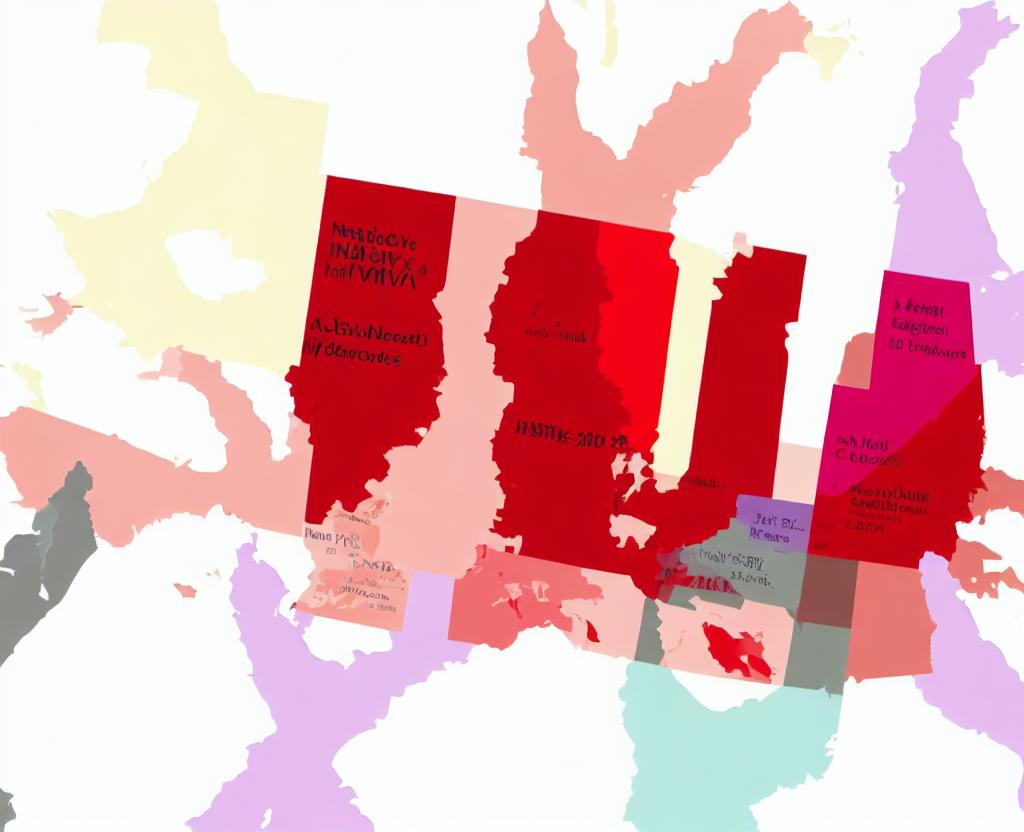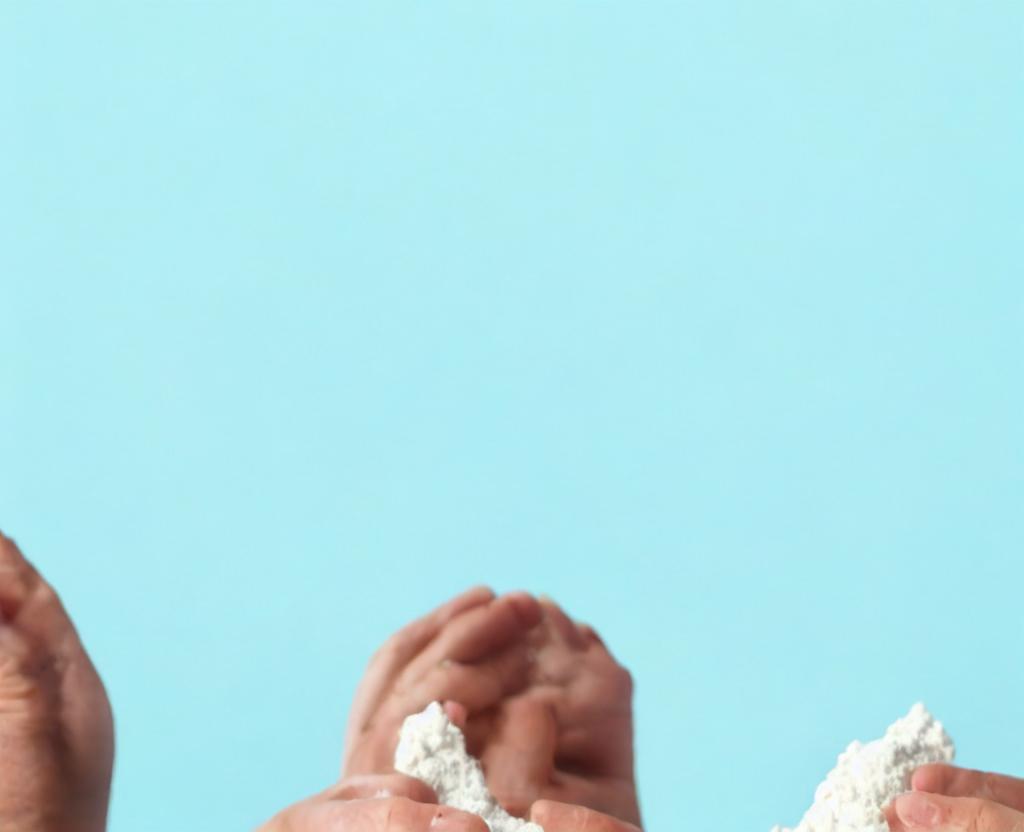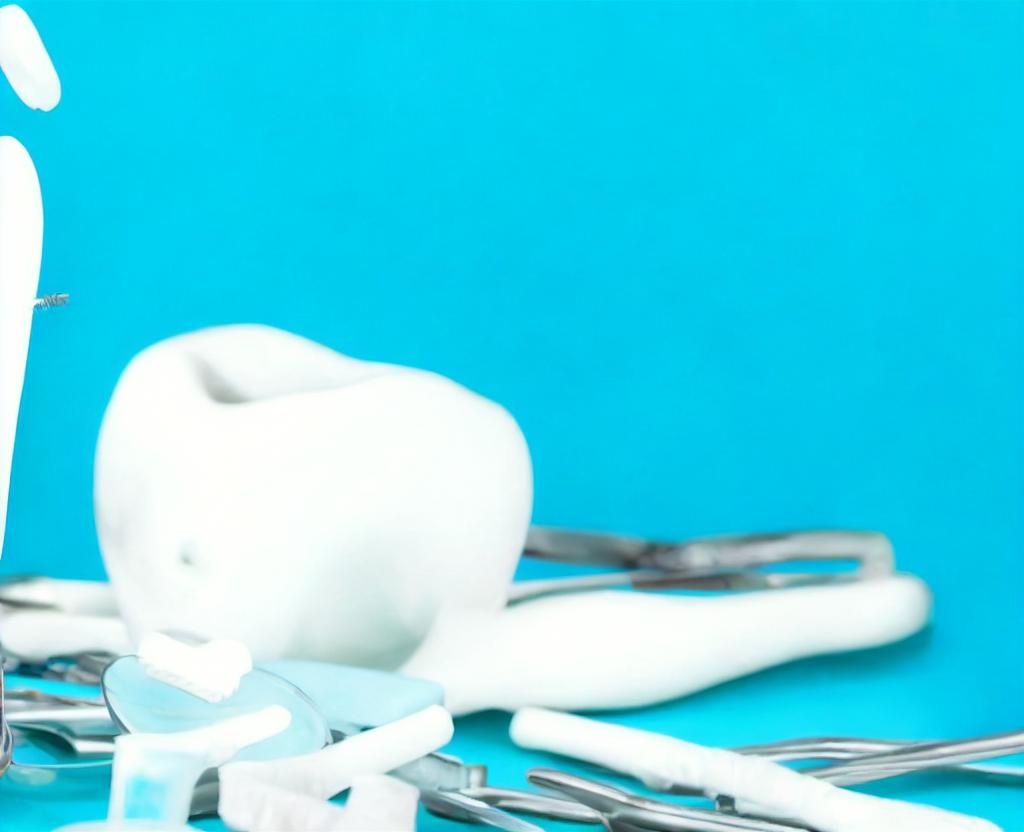
National Native Hiv/aids Awareness Day
Many organizations around the country have banded together on March 20th, National Native HIV/AIDS Awareness Day, bringing together many organizations from all around the country to raise awareness and help in communities around the country.
HIV/AIDS affects over 1.1 million people in the United States. About one out of every seven of them isn't aware that they have it. 1% of the nearly 39,000 people diagnosed with HIV (CDC) in 2017 were among the American Indian and Alaska Native populations. Although gay and bisexual men who are sexually active are at risk, anyone not practicing safe sex is at risk. While gay and bisexual men who are sexually active are at risk, anyone not practicing safe sex is at risk. HIV is a virus that causes an infection, and Acute Immunodeficiency Syndrome (Acquired Immunodeficiency Syndrome) is a disease that can be present in people who have HIV, and Acute Immunodeficiency Syndrome (Acquired Immunodeficiency Syndrome) is a condition that can occur when someone is HIV positive.
The campaign promotes education, support services, and more. Clinics, support groups, and others are among the National Day campaign to learn more about prevention, testing, and bringing greater awareness to this national health topic.. Although medical techniques have advanced over the decades, prevention and testing are still necessary.
How to celebrate #nativehivaidsawarnessday
The day is celebrated by Centers for Disease Control and Prevention (CDC) and the National Native Capacity Building Assistance Network. They press releases, display posters, and staging community activities for the day. In honor of the day, the National Native American AIDS Prevention Center (NNAAPC) collaborates with various organizations around the country to celebrate the day. Attend the performances. Learn more about prevention and testing. In raising concerns, join the discussions and your neighborhood in raising awareness.
Each year, the American Indians, Alaska Native, and Native Hawaiians are among the many communities of the American Indians, Alaska Native, and Native Hawaiians.
To post on social media, use the hashtag #NativeHIVAIDSAwarnessDay..
History of the national native hiv/aids awareness day has spanned history
The National Native CBA Network submitted a resolution to the National Congress of American Indians in October of 2006 for National Native HIV/AIDS Awareness Day, which was accepted. In 2007, they held their first observance in 2007.
For more details on the National Native HIV/AIDS Awareness Day tour, click here. For more details on National Native HIV/AIDS Awareness Day, click here. http://www.nnaapc.org/news/awareness-day.htm http://www.nnaapc.org/news/awareness-day.htm https://www.nnaapc.org/news/awareness-day.htm ***https://www.cdc.gov/features/nativehivaids/
Hiv/aids FAQ
Q. Where can I be screened for HIV?
A. Multiple facilities provide HIV testing. Where you live, look for these places: Look for these facilities where you live:
- Physician's office
- STD or sexual health clinics in STD or sexual health clinics are often found in STD or sexual health clinics
- Medical centers
- Health department
- Family planning clinics are located in the United States
- Treatment programs
For more details, visit www.cdc.gov for listings.
Q. Is there a cure for HIV/AIDS? No. A. No. A. No. Several treatment options are also available for those living with HIV/AIDS, and research continues, and many treatment options are also available for those living with HIV/AIDS.







